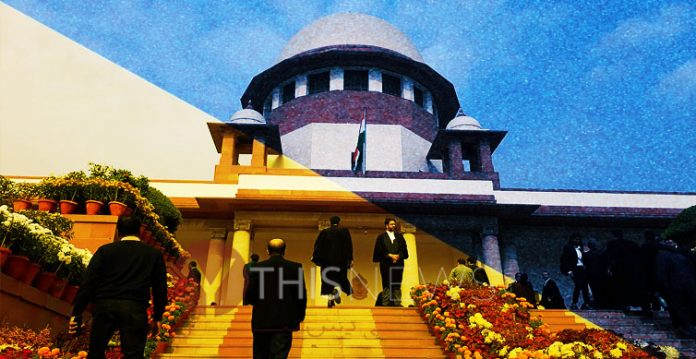In the latest update, the Supreme Court on Tuesday said that if a prisoner has been in the prison for more than 14 years in the cases of conviction for offences that prescribe the death penalty as the maximum sentence, the state government can order premature release.
Governor Can Grant Pardons, Respites Says SC
As per the latest reports, a bench of Justices Hemant Gupta and AS Bopanna said that in case a prisoner has undergone more than 14 years of imprisonment, the state government has the right to pass an order for premature release.
ALSO READ: Judiciary Must Remain Free from Political Pressures, Can’t Have Dual System: Supreme Court
The bench added that however if a prisoner hasn’t undergone 14 years of actual imprisonment then the Governor has the power to grant pardons, reprieves, respites, and remissions of the punishment. The governor may also choose to suspend, remit or commute the sentence of any person and their restrictions imposed under Section 433-A of the Constitution.
Governor Will Have To Act On The Aid And Advice Of The State
This comes in reference to the Haryana government policy of August 13, 2008. This was regarding the power to release prisoners and said that it was issued as conferred under the CrPC and in supersession of earlier orders.
Under the 2008 policy, the case of premature release was considered by the state and individual cases were not to be put up in front of the Governor. The Supreme Court said in a 24 pages judgment that the said policy cannot and has not tried to take over the powers vested with the Governor. But it is the policy that is issued under a Statute and thus has a statutory force.
Following this, the Punjab and Haryana High Court directed the Haryana government to consider creating a fresh policy regarding the premature release of the prisoners. Especially in respect of the exercise of powers conferred under Article 161.







